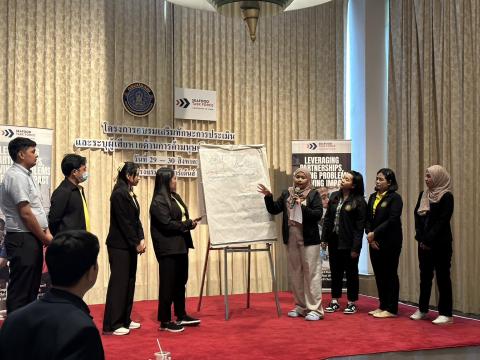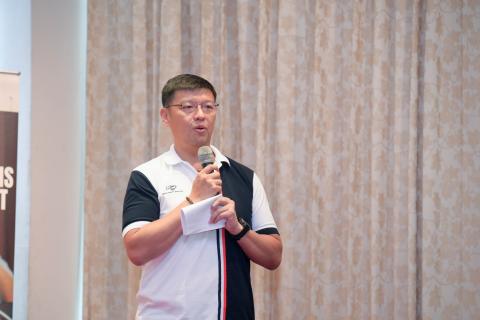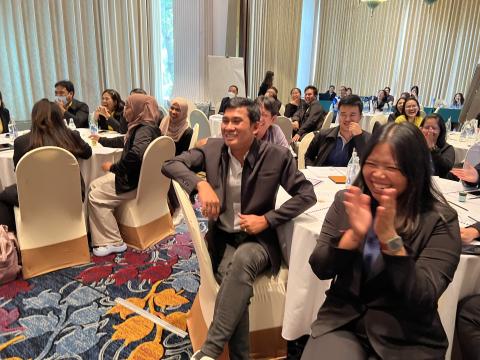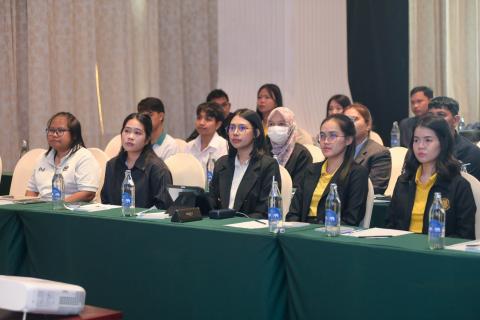STF Provides Thai Government Inspectors with Advanced Training on Human Trafficking and Forced Labor Identification - Nov '24
Bangkok, Thailand – November 2024 – The Seafood Task Force (‘STF’) launched a comprehensive two-day training program designed specifically for Thai government PIPO (Port-In-Port-Out) inspectors tasked with identifying and combating human trafficking in response to recommendations from the 2024 U.S. Trafficking in Persons report. The event, held at Rama Garden Hotel in Bangkok on August 29-30, 2024, featured an intensive curriculum covering the essential legal frameworks on forced labor and human trafficking, observation and interview techniques, and discussion of case studies involving human trafficking and forced labor in the fishing industry.

The program was led by experts in the field: Atty. Siriwan Vongkietpaisan, Director of Social Responsibility Law Firm alongside her colleague Mr. Sorakai Sornsri. (Siriwan was presented with the human rights defender award by the Thai Office of National Human Rights Commission and Ministry of Labour. Her experience and advocacy in law changes has led to many successful cases in the fishing industry.)
Also part of this expert training team was Dr Thanatip Promkoh, a business development manager from Control Union, social compliance auditor and trainer, with experience in public policy on human rights and labor management. The combined experience of this group working with the STF Leadership Team provided participants a solid foundation for learning and garnered positive feedback from participants.

The event, which was fully funded by the STF, was attended by over 100 people from the Department of Fisheries and Department of Labor Protection and Welfare, including the 59 inspectors from all 30 PIPO centers from across the the whole of Thailand.
To enable at-port inspectors to better detect and refer potential cases of human trafficking or forced labor or missing-at-sea, the STF program’s curriculum combined theory with on-the-ground practice – the laws and legal frameworks concerning human trafficking and the referral mechanisms were reiterated to the participants and they were presented with previous, real-world cases.
The program emphasized the development of critical observational and interview skills. There were hands-on exercises designed to improve the inspectors’ abilities to detect subtle signs of trafficking and to conduct effective, compassionate interviews with potential victims.

This training program is part of the Seafood Task Force's ongoing commitment to working with governmental and private stakeholders for continuous improvement in shrimp and tuna supply chains in Thailand, India, Vietnam, and Indonesia.

For further information about the Seafood Task Force and its initiatives, please visit www.seafoodtaskforce.global